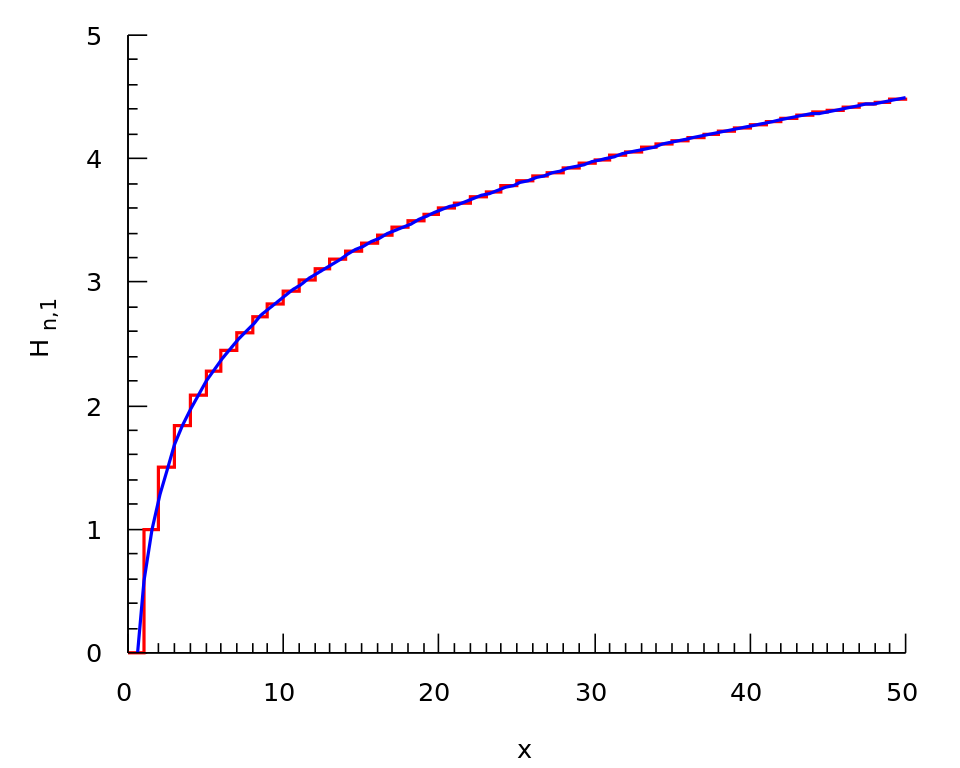Scientific truth is asymptotic

In math, an asymptote of a curve is “a line such that the distance between the curve and the line approaches zero as one or both of the x or y coordinates tends to infinity” (Wikipedia). Maybe you hate math, but bear with me for a minute.
Imagine that you need to walk to the door across the room. If you go half the distance, then half the remaining distance, and then again half the remaining distance, you will get tantalizingly close, but you will never reach the door. Science is in the same boat. Any scientific result is subject to dis-confirmation:
Scientific theories... are not inductively inferred from experience, nor is scientific experimentation carried out with a view to verifying or finally establishing the truth of theories; rather, all knowledge is provisional, conjectural, hypothetical—we can never finally prove our scientific theories, we can merely (provisionally) confirm or (conclusively) refute them; hence at any given time we have to choose between the potentially infinite number of theories which will explain the set of phenomena under investigation. Faced with this choice, we can only eliminate those theories which are demonstrably false, and rationally choose between the remaining, unfalsified theories.
Stanford Encyclopedia of Philosophy, article on Karl Popper
As the days and centuries go by, scientific analysis keeps getting us tantalizingly closer to the truth – where we think we can just reach out and touch it – but we will never get there. And yet, most (or at least many) of us yearn for the truth, and for certainty. Is this just a big cosmic prank or what? Is this as good as it gets?
And while we are all constantly admonished not to be “science deniers,” it turns out that science has no answers whatsoever regarding the questions that mean the most to each of us.
And in any case, what happens to the individual is in the last analysis a matter of indifference. Herein lies the lofty equanimity of the scholar[1], and the comic thoughtlessness of his parrot-like echo.
Søren Kierkegaard — Concluding Unscientific Postscript to the Philosophical Fragments [2]
Science has certainly increased the quality of life for humanity over the last two hundred years or so, and it of course has its place. But science has no answer to the biggest questions confronting us.
[1] At the time, “scientist” and “scholar” were not differentiated.
[2] Søren Kierkegaard — Concluding Unscientific Postscript to the Philosophical Fragments (links to Amazon)



